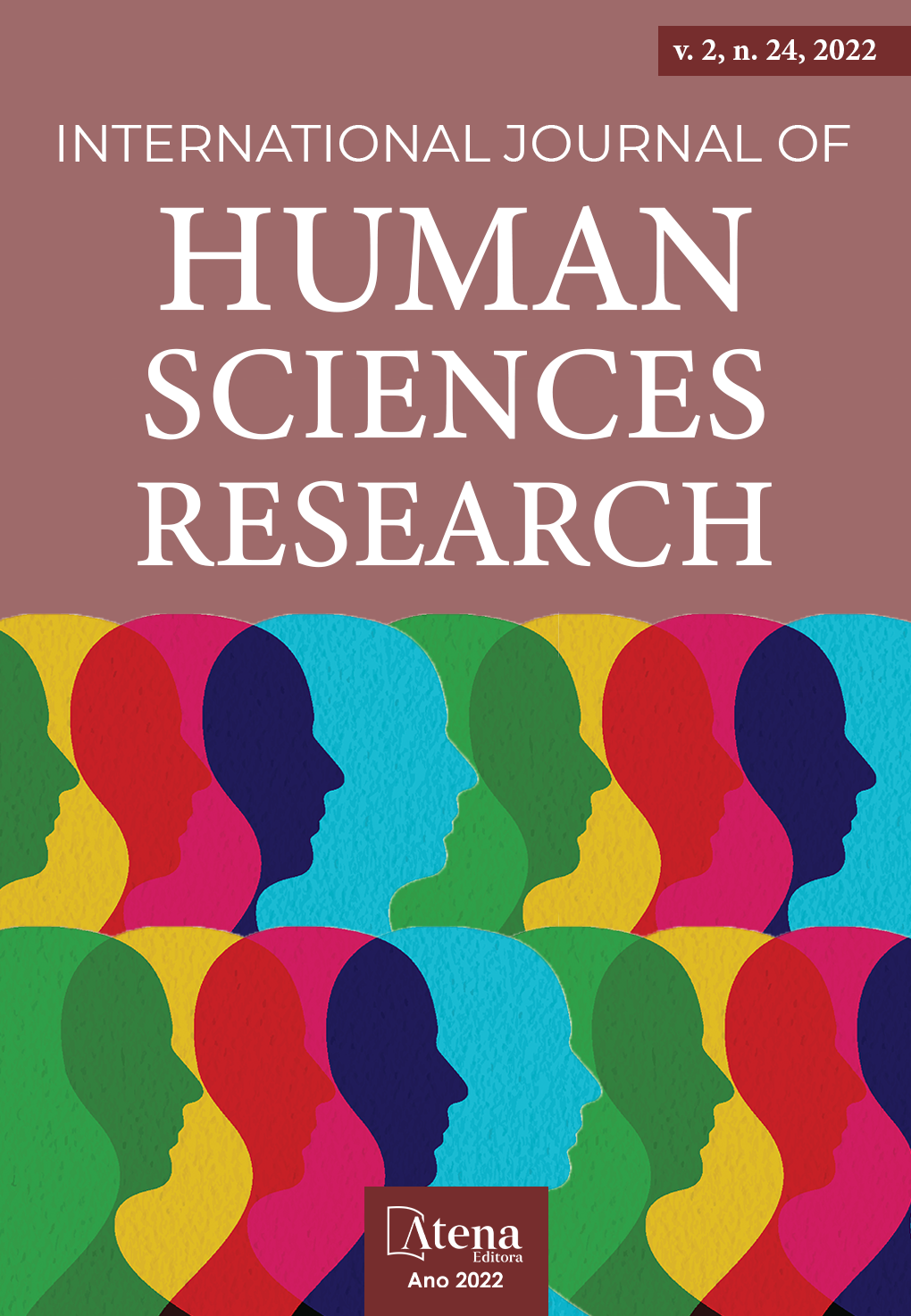
INSTITUTIONAL CARE AND ITS IMPLICATIONS FOR CHILD SOCIAL AND AFFECTIVE DEVELOPMENT
Over the centuries, care for orphaned or abandoned children prioritized only food and hygiene. However, studies in the field of Psychology have substantiated the importance of affective exchanges and the link with care figures for the healthy development of children, thus driving changes in Brazilian and international legislation. The present study sought to discuss the elements that involve the measure of institutional reception and possible implications for children's social and affective development. It is noteworthy that, although the institutional care measure prioritizes protection and well-being, other forms of intervention, such as family care, can present themselves as more effective alternatives and with less damage to global child development.
INSTITUTIONAL CARE AND ITS IMPLICATIONS FOR CHILD SOCIAL AND AFFECTIVE DEVELOPMENT
-
DOI: 10.22533/at.ed.5582242202088
-
Palavras-chave: children
-
Keywords: children
-
Abstract:
Over the centuries, care for orphaned or abandoned children prioritized only food and hygiene. However, studies in the field of Psychology have substantiated the importance of affective exchanges and the link with care figures for the healthy development of children, thus driving changes in Brazilian and international legislation. The present study sought to discuss the elements that involve the measure of institutional reception and possible implications for children's social and affective development. It is noteworthy that, although the institutional care measure prioritizes protection and well-being, other forms of intervention, such as family care, can present themselves as more effective alternatives and with less damage to global child development.
-
Número de páginas: 15
- Stella Rabello Kappler


